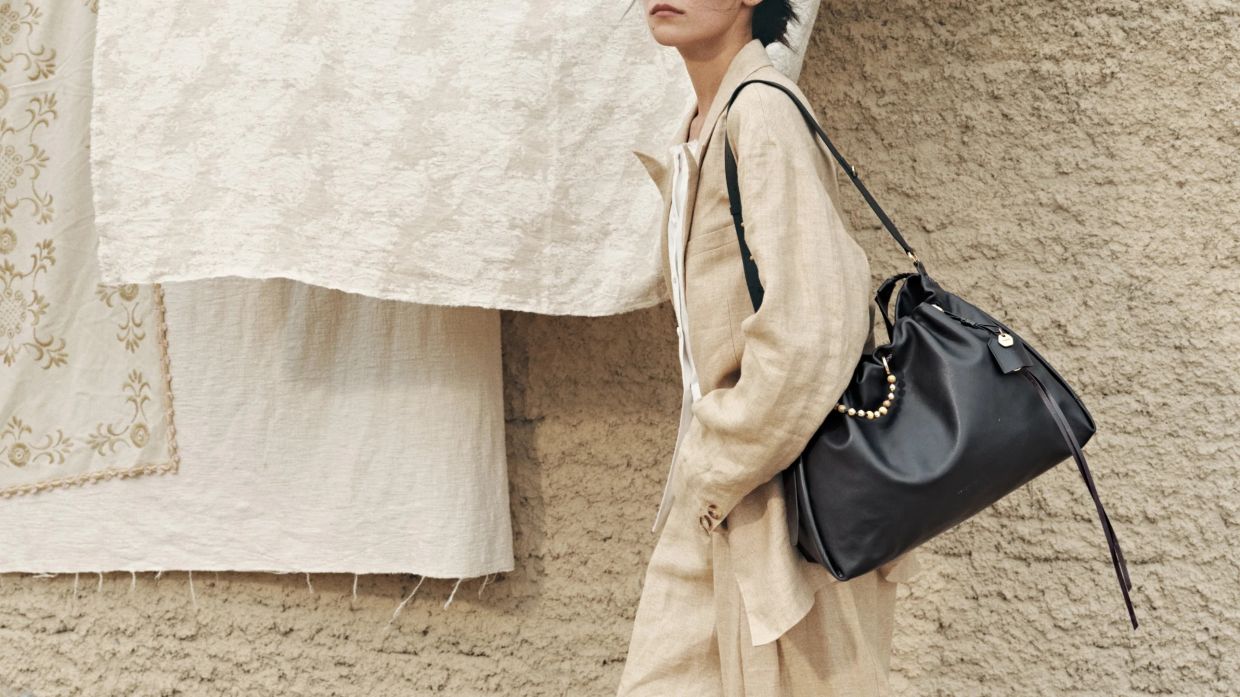When Bernard Arnault, one of the world’s richest men and chairman of LVMH, dropped by Shanghai in September, many assumed his itinerary would be routine: check in on Louis Vuitton, Dior, and the rest of his empire’s boutiques in China’s most prestigious malls.
But instead, Arnault did something unexpected. He went shopping for Chinese brands.
At the new-age luxury shopping mall Qiantan Taikoo Li in Shanghai, Arnault stopped by Songmont, a minimalist leather goods label.
There, he bought two handbags, according to people familiar with the situation who asked not to be named discussing a private matter.
He also went to another high-end mall and wandered into Laopu Gold, a homegrown jeweller that opened a store a few doors down from Cartier and Van Cleef & Arpels.
He reportedly lingered for half an hour, muttering words like "exquisite” and "interesting”.
It was a small gesture with big symbolism. Arnault, whose companies helped define modern luxury, was now browsing in boutiques that may represent its next chapter, at least in China.
The anecdote reflects how China’s US$49bil (approximately RM203bil) luxury market is changing fast.
As the economy cools, spending on foreign premium brands has stalled. Instead, when Chinese consumers do splash out, they’re turning to homegrown labels.
Their rise is redrawing the map of one of the world’s top luxury markets and forcing global players to take note.
Read more: 'A cultural brand': How did K-beauty become a dominant force in global skincare?
Online retail platforms have been key to their growth.
According to data compiled by BigOne Lab and analysed by Bloomberg News, five domestic prestige brands in handbags, apparel, fragrance,
Continue Reading on The Star Malaysia
This preview shows approximately 15% of the article. Read the full story on the publisher's website to support quality journalism.
